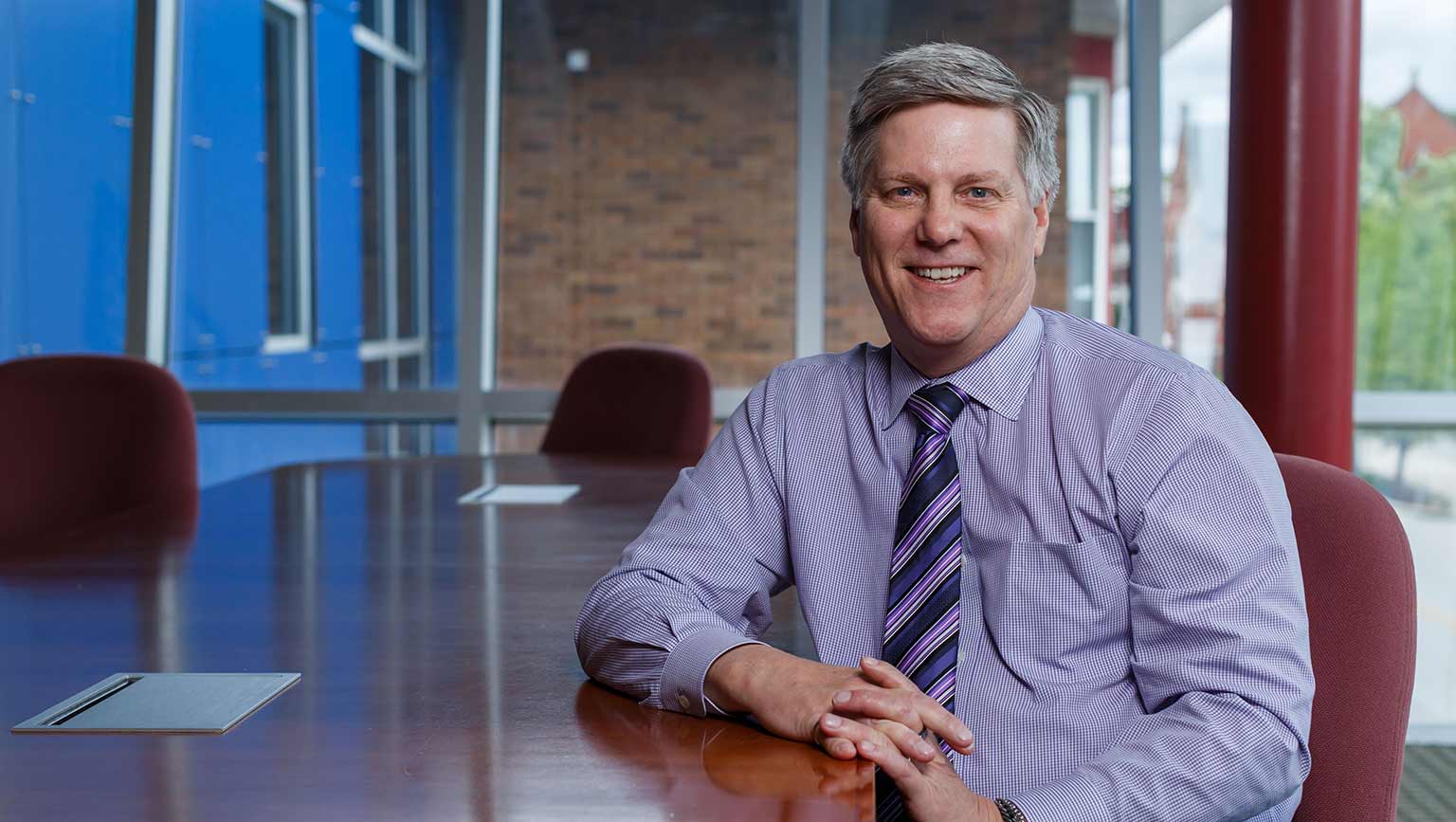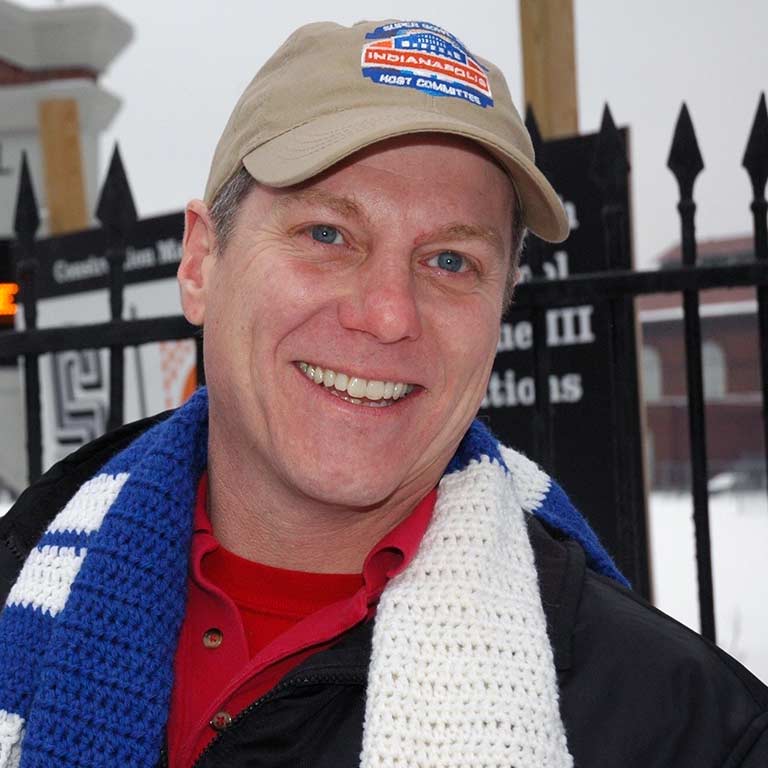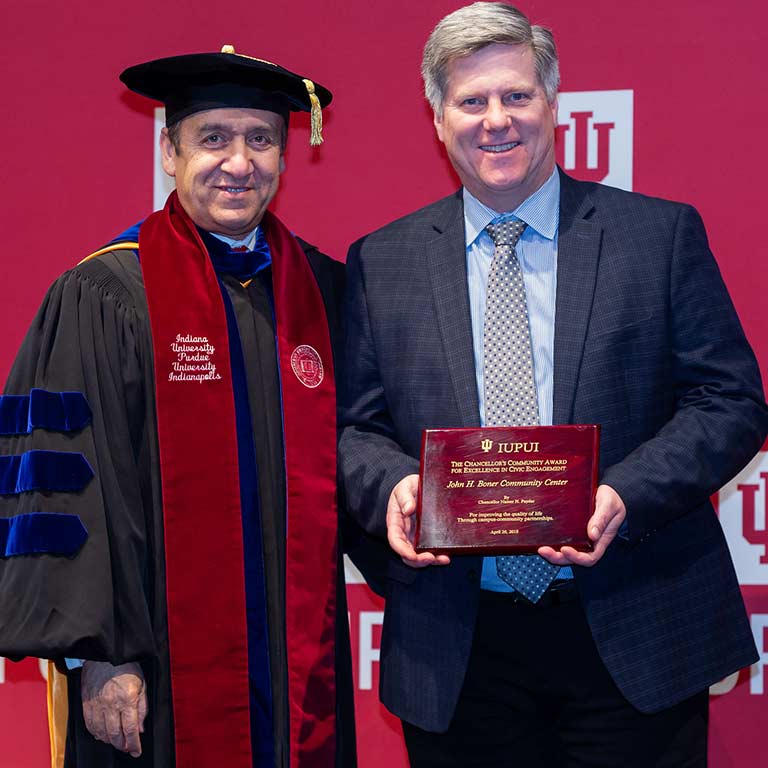For more than two decades, School of Social Work alumnus James Taylor has been a catalyst for the urban renewal and revitalization of Indianapolis' eastside, connecting people to resources and each other. Under Taylor's leadership as chief executive officer since 1998, the John Boner Neighborhood Centers has helped generate millions of dollars in community development for the near eastside while also investing more than $56 million in a variety of initiatives to improve the quality of life for residents of the neighborhood.
Long recognized for civic engagement, IUPUI has partnered with Taylor and the John Boner Neighborhood Centers on a number of programs to advance their mission of creating a vibrant, thriving, welcoming community. Under Taylor's guidance and in collaboration with IUPUI among other partners, the John Boner Neighborhood Centers developed a grassroots quality-of-life plan for the near eastside in 2006. Ultimately, this quality-of-life plan was used to establish and leverage a partnership with the 2012 Indianapolis Super Bowl Host Committee from which the Near Eastside Legacy Project was born.
One component of that Near Eastside Legacy Project is the Boner Fitness and Learning Center, which opened in February 2012, offering a holistic menu of targeted educational and wellness services for neighborhood children, families, and seniors. The facility, an extension of the John Boner Neighborhood Centers and the result of Taylor's incredible vision, features a state-of-the-art media studio, mobile computer lab, educational greenhouse and garden, instructional kitchen, art studio, and full-service fitness facility staffed by students from IUPUI's School of Health & Human Sciences.
In 2015, IUPUI collaborated again with Taylor and the John Boner Neighborhood Centers, along with the Eskenazi Health Center, Ivy Tech Community College, Crispus Attucks High School, and the Rehabilitation Hospital of Indiana, to develop and implement the Indiana University Health Careers Opportunity Program. The initiative aims to diversify the health care workforce via a comprehensive community approach that provides disadvantaged students with the academic tools and the social skills to successfully graduate from health professions programs.







